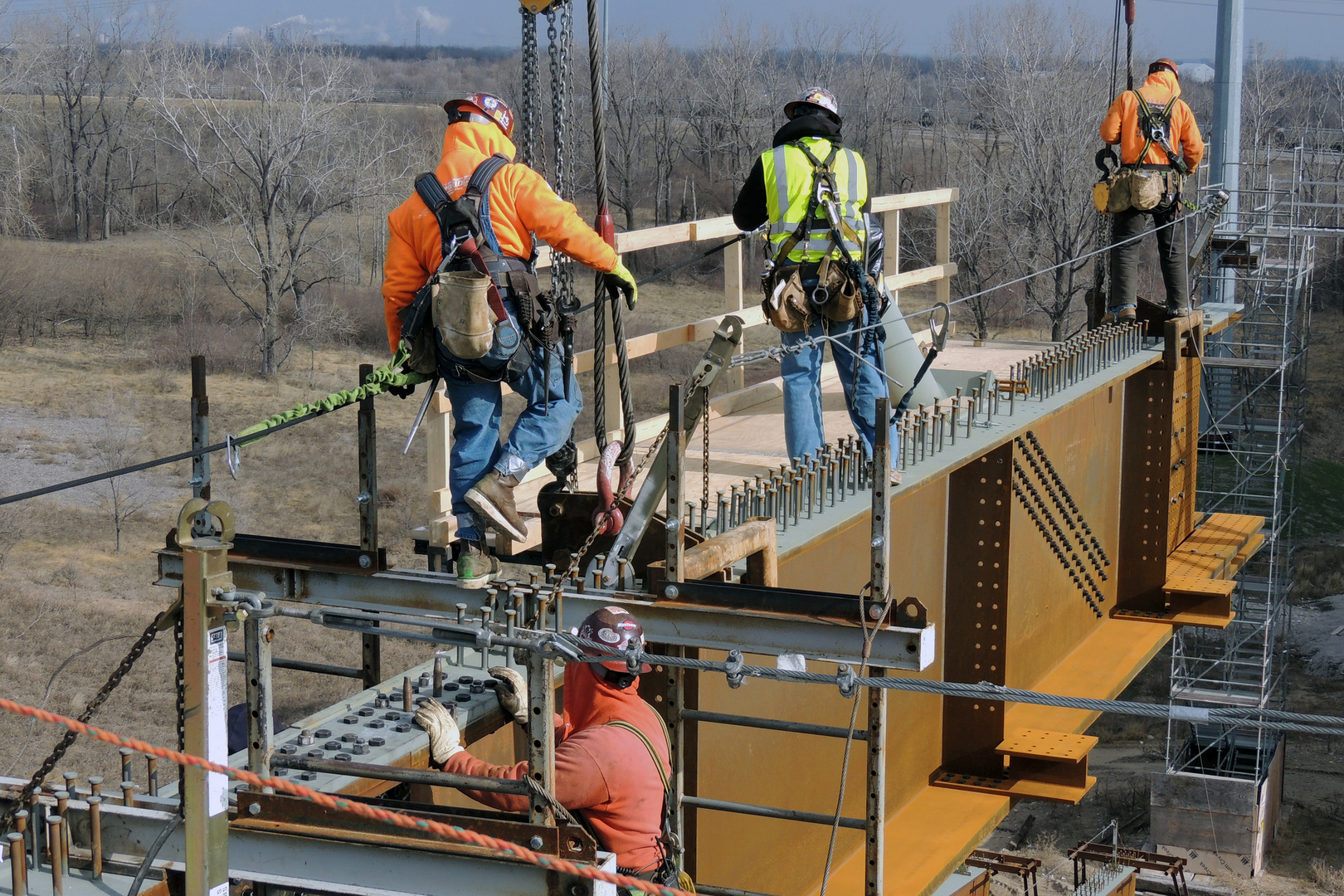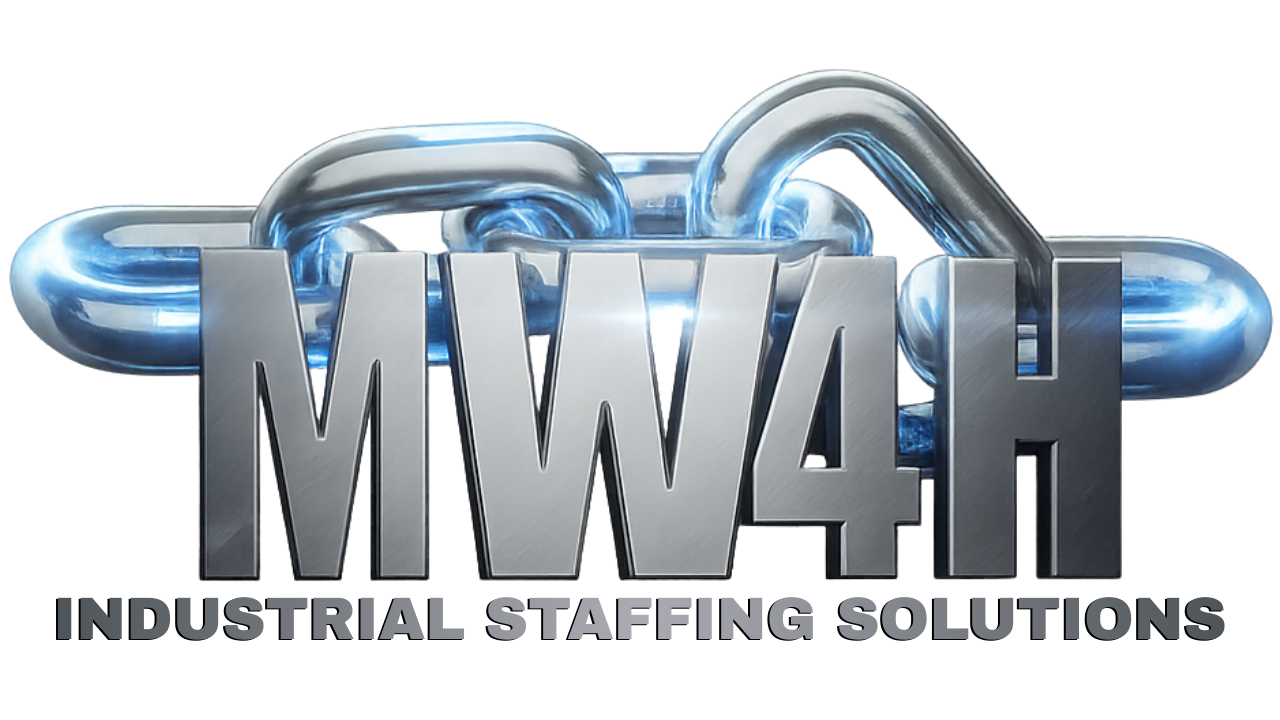Navigating the Challenges of Large-Scale Industrial Projects
Large-scale industrial projects are colossal undertakings that involve complex, multifaceted operations. These projects typically require managing vast amounts of resources, sophisticated technology, and a diverse workforce, all while adhering to stringent timelines and budgets. Key challenges include scope creep, resource mismanagement, communication breakdowns, and compliance with safety and regulatory standards.
Strategies for Effective Project Management
Comprehensive Planning and Scheduling
- Success begins in the planning phase. Use advanced project management tools to create detailed schedules, including all project phases, from inception through to completion. This helps in anticipating potential bottlenecks and planning for contingencies.
- Implement a Work Breakdown Structure (WBS) to organize and execute the project into manageable sections, ensuring more precise control over each task.
Robust Staffing and Resource Allocation
- Adequate staffing is crucial. It involves not just hiring the right number of workers but ensuring they possess the necessary skills and experience. Utilize specialized staffing agencies to find qualified personnel, particularly for highly specialized roles.
- Effective resource allocation also means ensuring that equipment and materials are available when and where they are needed. Inventory management systems and just-in-time procurement can help streamline this process.
Advanced Technology Integration
- Leverage technology to enhance efficiency and accuracy in project management. Tools such as Building Information Modeling (BIM) and project management software can provide real-time insights into the project’s progress and facilitate better decision-making.
- Drones and IoT devices can be used for real-time site monitoring and data collection, improving project oversight and operational efficiency.
Ensuring Effective Communication
- Establish clear communication channels across all levels of the project team. Regular meetings, updates, and digital dashboards can keep everyone informed and aligned with the project’s goals and current status.
- Invest in training programs to enhance team collaboration and ensure everyone is proficient with the tools and systems in place for communication and project tracking.
Compliance and Safety Management
- Compliance with regulations and maintaining safety standards are non-negotiable. Implement comprehensive safety programs and regular training sessions to keep safety practices top of mind.
- Use compliance management software to track regulatory compliance and ensure all aspects of the project adhere to local, national, and international standards.
Conclusion: Overcoming Challenges with Proven Tips
Navigating the complexities of large-scale industrial projects requires a strategic approach focused on precision, efficiency, and adaptability. Here are some final tips:
- Regularly review and adjust strategies as the project evolves. Be prepared to pivot and adapt plans to accommodate new challenges and opportunities.
- Foster a culture of open communication and continuous improvement. Encourage feedback from all team members and stakeholders to improve processes and outcomes.
- Always plan for risk management. Have contingency plans ready for unexpected issues, from delays in supply chains to sudden changes in workforce availability or project specs.
- By implementing these strategies, project managers can not only navigate but also excel in managing large-scale industrial projects, leading to successful outcomes that meet or exceed expectations.



